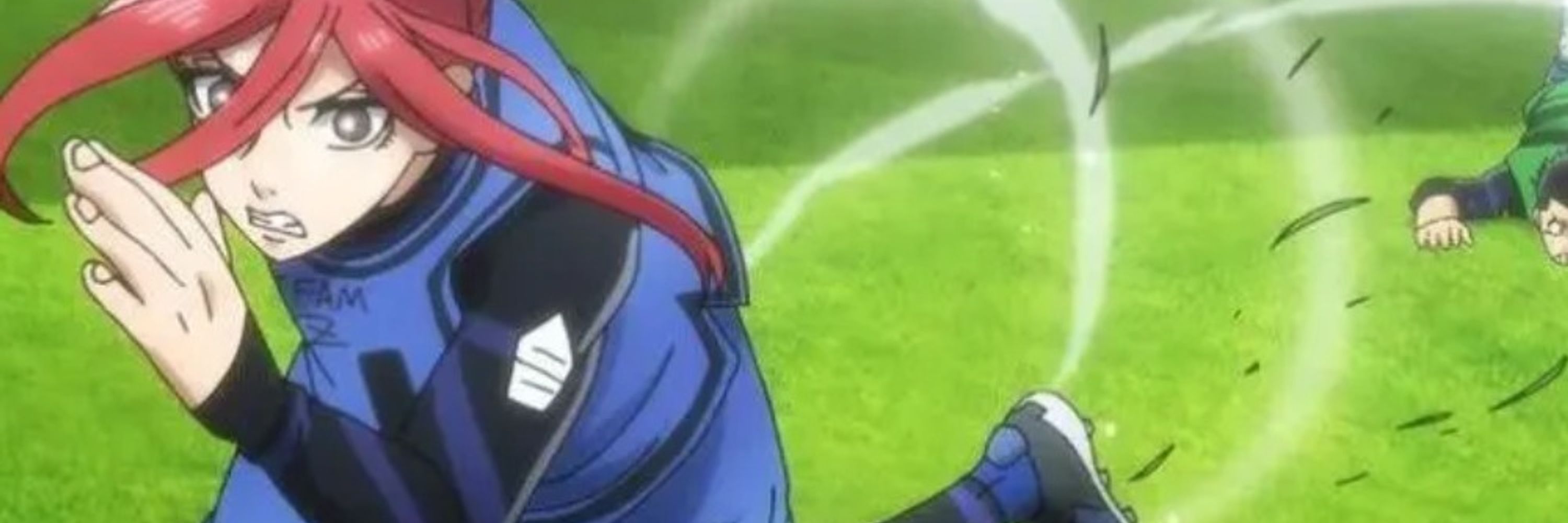
Author, "Piccolo Is Black: A Memoir of Race, Religion, and Pop Culture"
"Wasn't what i expected. Very heavy" ★☆☆☆☆
If you like movies, TV, books, comics, anime, video games, writing, the NBA, the WNBA, or Broadway, I’d love to follow you!

[email protected]
"This indie studio is one of the best at demonstrating how to be soft in the hard world"

"This indie studio is one of the best at demonstrating how to be soft in the hard world"
Come join, it's free!
Come join, it's free!

Went Platinum in Hokkaido

Went Platinum in Hokkaido


May my daughter remember the Ghost of Yotei boss fight she watched me play until midnight
May my daughter remember the Ghost of Yotei boss fight she watched me play until midnight
but tbh this week's episode is not for me: youtu.be/u8ysh5lKZOg?...

Criticism always holds a specific worldview, but this phrase submits to the dominant taste. It's a plea to be tolerated among an imagined higher authority you are upholding.



Talking to some friends who have never been self-employed sometimes frustrates me because they seem to think that anyone who's not a "worker" is some fat cat CEO "capitalist."
It's like: my dude, I would just like paid sick leave.
Talking to some friends who have never been self-employed sometimes frustrates me because they seem to think that anyone who's not a "worker" is some fat cat CEO "capitalist."
It's like: my dude, I would just like paid sick leave.

